Managing Burnout in the ESL and Higher Education Sector
Mia Tarau
Work. Work apps. DING – DING – DING – notifications, notifications, notifications. ‘Personal time’ - off. Always be ON!
Technology has taken over our work lives, affecting our personal lives more and more. Since a number of the Chasing Time English team are involved in tertiary education in some capacity, this means that we ourselves must always be ‘on’ - often, in more than one capacity. As a personal example, I teach in two different units on campus; I am also serving on five committees between these two units, which means that teaching, marking, meetings, and to-do lists are literally never-ending. I am also trying to find the time to publish my doctoral research, but it has been impossible to find the time to sit down with my thesis and plan/produce a portfolio of publications to prepare for my next step in my journey in academia amid this work-related tech storm that means there are no more weekends, breaks, or free evenings. I have been reflecting a lot lately on the workloads and deadlines that I am constantly racing towards, and I thought it would be useful to start a series in which different members of our team share their experiences with burnout, as well as their coping mechanisms.
Challenges
Below, I am reflecting on two of the biggest challenges for me personally.
Workloads
Workloads are one of the biggest challenges for any educator, but I feel like this is especially true for tertiary education. This needs little elaboration – I am sure any teacher can relate: teaching, moderation meetings, marking, team meetings: the cycle never ends, and we always feel guilty for taking time off because we do not want our students to fall behind, so we often come in regardless of how tired we are.
Emotional workload
In addition to the regular teaching workload, I know that most of us are feeling the weight of the emotional workload involved in teaching people whose future depends on the grades they obtain – this is true especially in relation to ESL and university pathways programme students. They are often very young, alone in a new country, and having to cope with not only a language barrier, but an entire new system of thinking and learning. This takes a huge toll on them and is an immense challenge, which means that we in turn often put significantly more work into making sure they are ok, which adds to the weight that we carry already as educators.
Workplace-related coping strategies
So how can we make sure we are OK? There are four anchors that keep me afloat daily, lifting me up and helping me across hurdles. I realized after writing this post that they all relate to work – ironic! This wasn’t planned, these were just the first four things that came to mind. I want to acknowledge how privileged I am to have this support available in my place of employment – I know that this is quite a unique context, and I appreciate how fortunate I am to have access to all of these amazing support systems!
Good team support
I have wonderful course coordinators and amazing team members who regularly check in across teams to make sure that every single team member is OK and coping. Additionally, team members are happy to jump in and complete extra tasks when possible, to ease the burden for both new teachers and team members who are particularly busy. I realise that this is not a reality in every workplace, so I count myself extremely lucky!
Supportive workplace
The fact that there is so much professional development available to staff in my foundation programme is the most wonderful surprise. I have been able to attend interstate conferences that were fully funded by my unit, which is absolutely amazing: it makes me feel like my work and my research are valued!
Social activities
One last thing that makes every day just that bit more special is the camaraderie amongst our staff. Our office hosts weekly Fashion Fridays, which are themed days in which everyone is encouraged to participate. From sports to Regency fashions, dressing up on Fridays brightens up everyone’s day! Additionally, beginning in 2023, I co-opted the female employees under the umbrella of the Society of the Ladies of High Tea (my brainchild), a fun way for us to connect in our own channel on Teams. We have been attending High Tea events regularly throughout the year – these are the most wonderful opportunities for us to just BREATHE amid the constant chaos, albeit briefly.
…and the scariest of all, which I will try for the first time since 2017…
Taking time off
Beginning in June this year, I will take a three-month break from work to focus on publishing. This will be my first proper break since 2017 (I usually had either marking or PhD work or both even over the holidays, so there has been no rest for the wicked for years!). It is a much-anticipated return to my thesis - I have waited for a long time to take the plunge, but at this point it seems like the only way to find some time to reconnect with my doctoral study and focus all my energy on publishing and preparing to take the next step in my journey in academia.
What are some of the challenges and coping strategies in relation to your own experience with burnout?
